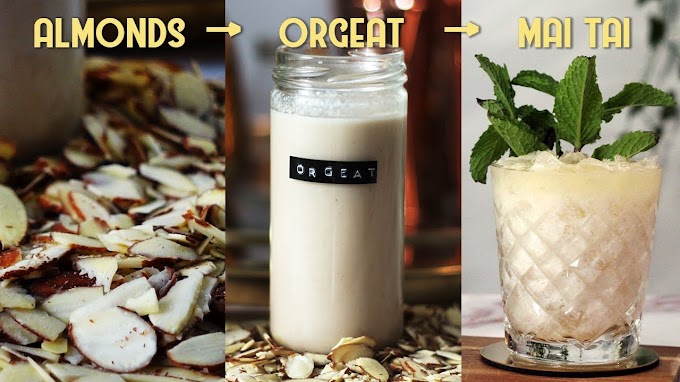Traditional herbal medicine has been used by cultures all over the world to treat illnesses for ages.
Despite modern medical and technological advances, there is a growing demand for herbal remedies worldwide. In fact, it's thought that this sector generates around $60 billion in revenue each year.
Many people prefer using natural remedies because they are often more accessible and affordable than conventional treatments and conform to their individual health ideologies.
However, you can question the efficacy of herbal remedies.
The top 5 herbal medications in the world, together with their key advantages, functions, and pertinent safety data, are listed below.
The maidenhair tree is the source of the herbal medicine ginkgo biloba, generally known as ginkgo.
Ginkgo, a tree native to China, is still one of the most popular herbal supplements today. It has been used for thousands of years in traditional Chinese medicine. It has several strong antioxidants, which are regarded to provide several advantages.
The seeds and leaves are historically used to prepare teas and tinctures, although leaf extract is employed in the majority of contemporary uses.
The uncooked fruit and roasted seeds are also relished by certain people. The seeds should only be consumed in limited amounts, if at all, due to their moderate toxicity.
Heart disease, dementia, mental challenges, and sexual dysfunction are just a few of the problems that ginkgo is reported to be effective in treating. However, studies have not demonstrated its efficacy for any of these ailments.
Even though the majority of people tolerate it well, some potential side effects include headaches, palpitations, digestive problems, skin reactions, and an elevated risk of bleeding.


.png)


.png)

